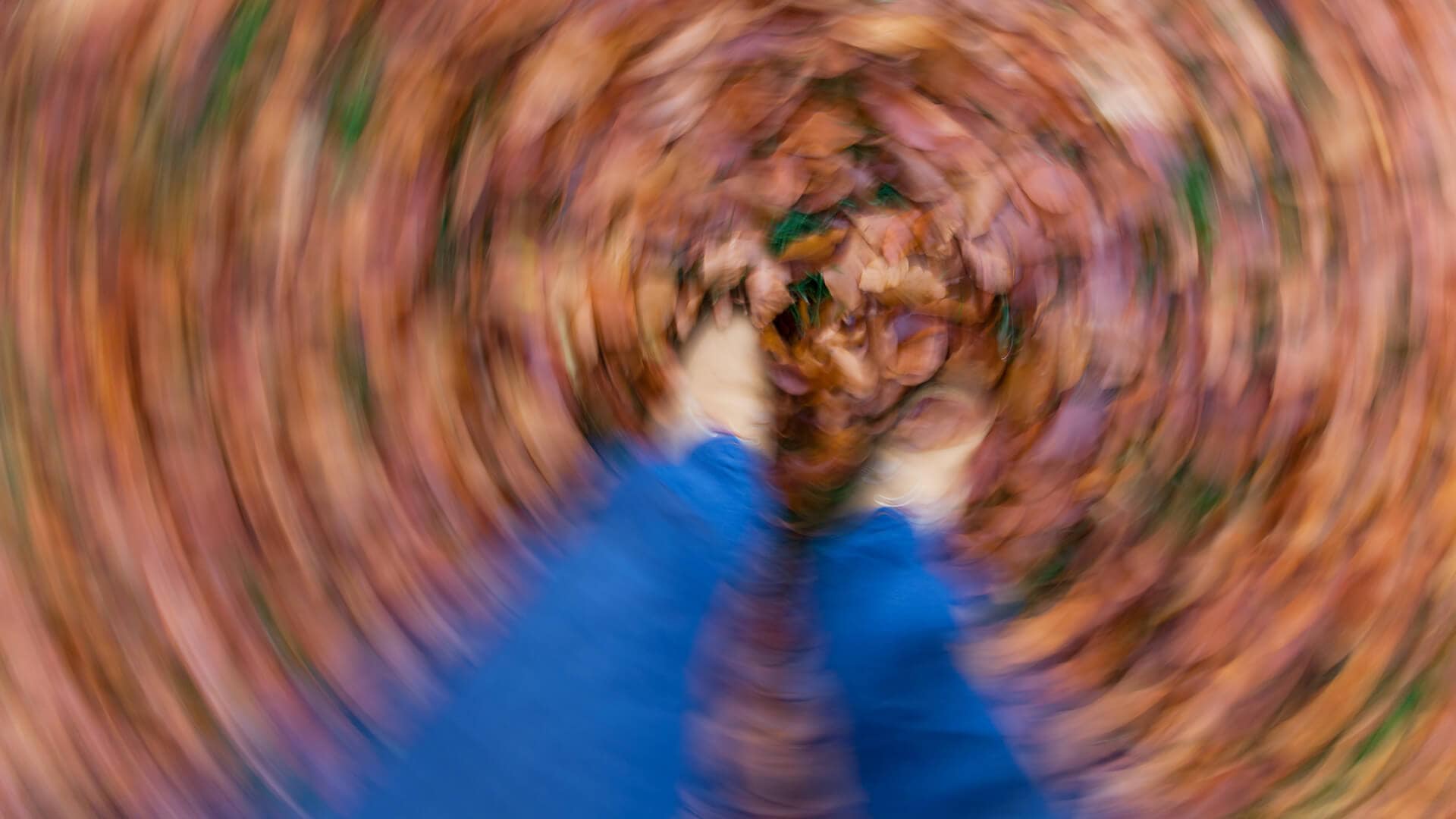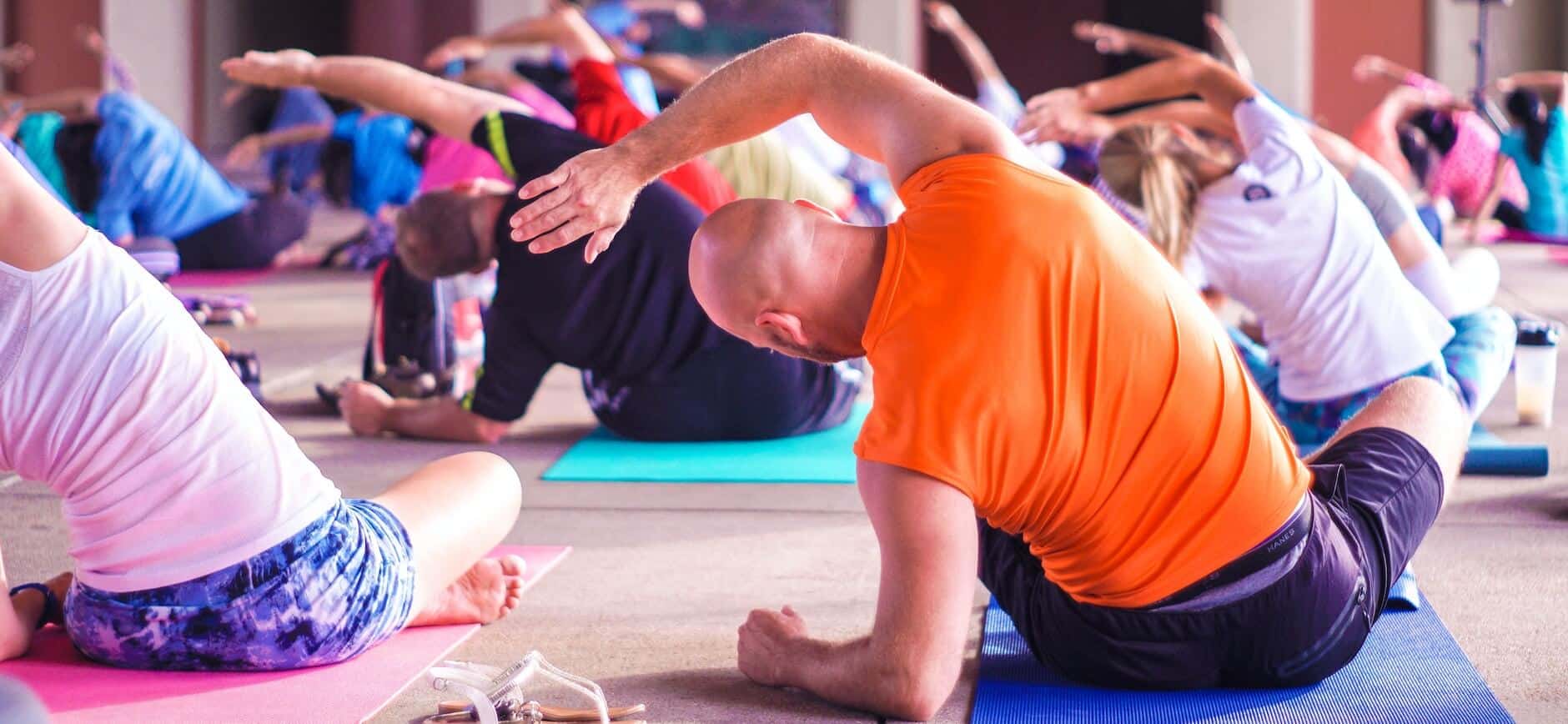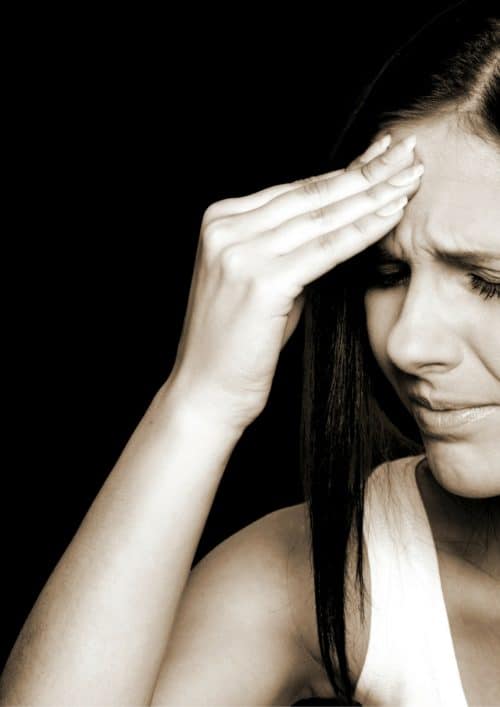This weekend spent in Sydney didn’t involve any bridges, opera houses or harbours, it was all headache business (well, almost). Here are a few of the take home messages.
Message #1
Some people’s headaches and migraines are unfairly categorised as just being a result of their personal circumstances, personal stressors, or mental health issues.
There are a proportion of those people whose primary cause for their problem is related to their neck. If you can get that sorted out, you can sort out the problem.
If you have headaches or migraines frequently, it is only natural that you might be more likely to feel down, depressed, anxious and have what we call ‘yellow flag’ signs.
A UK study showed that migraine sufferers are 3 times more likely to use mental health services – is that a chicken or the egg situation?
It might not be suggesting causation, but the relationship is definitely interesting.
Message #2
A lot of migraine and headache sufferers don’t seem to experience true freedom in between episodes.
A large proportion have anxiety about when their next headache or migraine will come, and with that comes a feeling of being trapped.
This anxiety is just as evident at 3 months after the last migraine as 12 months after the last migraine.
Message #3
Migraine sufferers overuse prophylactic medication more than any other kind of chronic problem including low back pain for fear of a migraine attack.
Medication-overuse headache is a big problem, most likely underreported, and it is one of my big soapbox topics – I have written a couple of blogs on it here and here.
It is not surprising that prophylactic medications are overused when you consider the fear of migraine pain that a lot of migraineur experience.
Also, the instructions with triptan tablets (the most common class of migraine-specific medication that is prescribed) are to take triptans at the earliest opportunity.
It is easy to see that if you combine the fear of an episode with instruction to take them as soon as you feel that you might be getting one, that they get used a lot!
This overuse does not just apply to triptans though – it also applies to anti-inflammatories and simple analgesia like paracetamol.
Message #4
This one’s for the neuroscience geeks.
One of the speakers at the Milan conference earlier in the year was an expert on the placebo effect, Fabrizio Benedetti.
Consider this – the placebo isn’t the sugar tablet or the sham treatment.
Placebo is the psychobiological process that comes with it – the process by which your brain can produce a favourable effect even though the sugar tablet or the sham treatment has no therapeutic value on its own.
Also, in his opinion, if a treatment has a benefit that lasts longer than 2 weeks, that improvement is not as a result of placebo.
For me, the big take home message is it is well worth exploring other causes for your headaches or migraines beyond the standard investigation/medication/avoid triggers approach.
The benefits go beyond just relief from the immediate discomfort or disability of the episode – avoidance of medication overuse headache and potentially improving mental health.
Call us on 8356 1000 for more information about how we can help with headaches and migraines, and download a copy of the FREE guide on 5 things you can do to help reduce your headaches and migraines.














